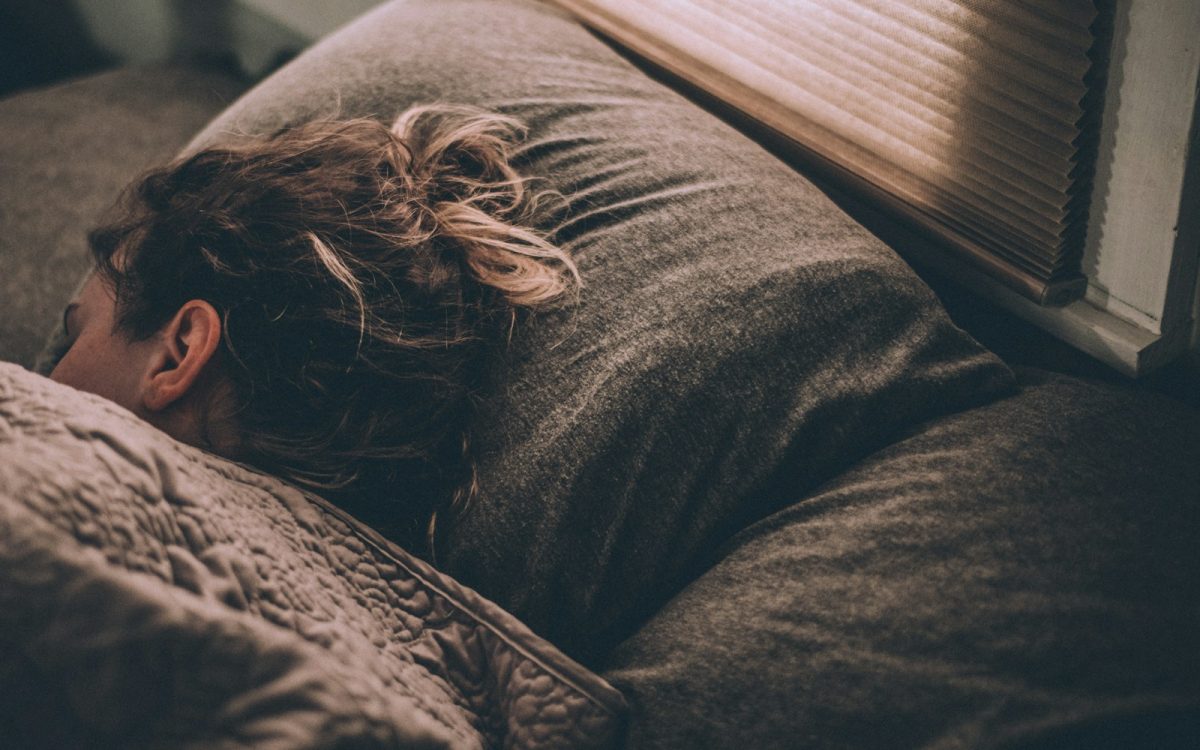Understanding Sleep Disorders in Aging Adults: Causes, Effects, and Solutions
Discover how sleep disorders affect aging adults, including common types, causes, symptoms, and science-backed tips for better sleep in later life.
As we age, getting a good night’s sleep can become increasingly difficult. Sleep disorders in aging adults are more common than many realize, and they can significantly impact both physical and mental well-being. In this article, we’ll explore the different types of sleep disorders older adults face, their underlying causes, health risks, and practical solutions to improve sleep quality.
What Are Sleep Disorders in Aging Adults?
Sleep disorders in aging adults refer to conditions that disrupt normal sleep patterns, making it harder for older individuals to fall asleep, stay asleep, or feel rested upon waking. These disturbances are not just frustrating—they can have long-term effects on an individual’s health, safety, and overall quality of life.
Why Sleep Changes with Age
As adults grow older, their sleep patterns naturally change. Here are a few reasons why:
- Reduction in deep sleep and REM (rapid eye movement) sleep
- More frequent nighttime awakenings
- Earlier sleep onset and wake times
- Changes in circadian rhythm
These changes are normal but can increase vulnerability to sleep disorders such as insomnia, sleep apnea, and restless leg syndrome.
Common Types of Sleep Disorders in Older Adults
Understanding the different sleep disorders can help caregivers and health professionals identify and address sleep issues more effectively.
1. Insomnia
This is the most prevalent sleep disorder in aging adults. It involves difficulty falling asleep, staying asleep, or waking up too early. Chronic insomnia can lead to mood disturbances, cognitive decline, and reduced quality of life.
2. Sleep Apnea
Obstructive sleep apnea causes repeated pauses in breathing during sleep. It’s highly underdiagnosed in older populations. Symptoms include loud snoring, gasping for air, and excessive daytime sleepiness.
3. Restless Leg Syndrome (RLS)
RLS leads to an uncontrollable urge to move the legs during periods of rest. It often disrupts sleep and becomes more common with age.
4. Circadian Rhythm Disorders
These disorders result from misalignment between the body’s internal clock and the external environment. In aging adults, this often appears as “advanced sleep phase syndrome”—falling asleep and waking up earlier than desired.
Health Consequences of Sleep Disorders in Seniors
Untreated sleep issues do much more than reduce energy levels. Chronic sleep deprivation can contribute to:
- Increased risk of heart disease and stroke
- Worsening of chronic illnesses like diabetes and arthritis
- Cognitive decline and memory loss
- Greater risk of depression and anxiety
- Decreased immune function
- Higher likelihood of falls and accidents
It’s vital for aging adults and their caregivers to recognize the signs and seek effective treatments.
Warning Signs to Watch For
If you or a loved one is experiencing the following symptoms, it could be due to a sleep disorder:
- Persistent difficulty falling asleep or staying asleep
- Daytime fatigue or irritability
- Frequent nighttime urination (nocturia)
- Lack of concentration or memory lapses
- Loud snoring or gasping sounds during sleep
Early detection and behavioral or medical interventions can make a significant impact.
Effective Treatments for Sleep Disorders in Aging Adults
Many sleep issues can be managed by combining lifestyle changes and tailored treatments. Here’s how:
1. Good Sleep Hygiene
Following consistent sleep habits includes:
- Maintaining a regular bedtime and wake time
- Limiting daytime naps to 30 minutes or less
- Avoiding stimulants like caffeine and electronics close to bedtime
- Creating a cool, dark, and quiet sleep environment
2. Cognitive Behavioral Therapy for Insomnia (CBT-I)
CBT-I is a non-drug treatment that helps retrain the brain and behavior to improve sleep. This therapy is especially helpful for older adults who wish to avoid relying on medications.
3. Medication and Supplements
When necessary, doctors may prescribe short-term sleep aids or recommend natural supplements like melatonin. However, these should be used under medical supervision due to potential side effects and drug interactions.
4. Treatment Devices for Sleep Apnea
CPAP (Continuous Positive Airway Pressure) machines are commonly used to treat sleep apnea. These devices help keep airways open and improve sleep quality significantly.
How Caregivers Can Help Improve Sleep in Seniors
Caregivers play a crucial role in managing sleep disorders in aging adults. Effective ways to help include:
- Monitoring sleep patterns and noting irregularities
- Ensuring medication is taken properly and on time
- Providing a calm evening routine
- Encouraging physical activity during the day
Prevention and early intervention can greatly enhance an older adult’s sleep health.
When to See a Sleep Specialist
If sleep problems persist despite lifestyle changes, it may be time to consult a sleep specialist or geriatric healthcare provider. These professionals can conduct sleep studies and offer personalized treatment plans.
Conclusion: Better Sleep, Better Aging
While sleep disorders in aging adults are common, they’re not inevitable. Understanding the root causes and potential solutions empowers seniors and their caregivers to take meaningful steps toward restful, restorative sleep. With the right care, it’s possible to improve sleep quality—and in turn, overall health and happiness in later life.
If you or a loved one is struggling with sleep, don’t wait. Talk to your doctor and explore therapy or sleep clinics specifically suited for older adults. A lifetime of sweet dreams is still within reach.
LSI Keywords used in this post: seniors and sleep, aging and insomnia, sleep apnea in elderly, circadian rhythm in seniors, natural sleep aids for seniors, elderly sleep patterns, sleep challenges in older adults, managing sleep in aging population, quality sleep in older adults.
Word Count: ~1,250 words
Tone: Expert, friendly, informative (target audience: older adults and caregivers)
Looking to optimize your health or the well-being of an aging parent? Explore our other guides on healthy aging and senior wellness tips.




